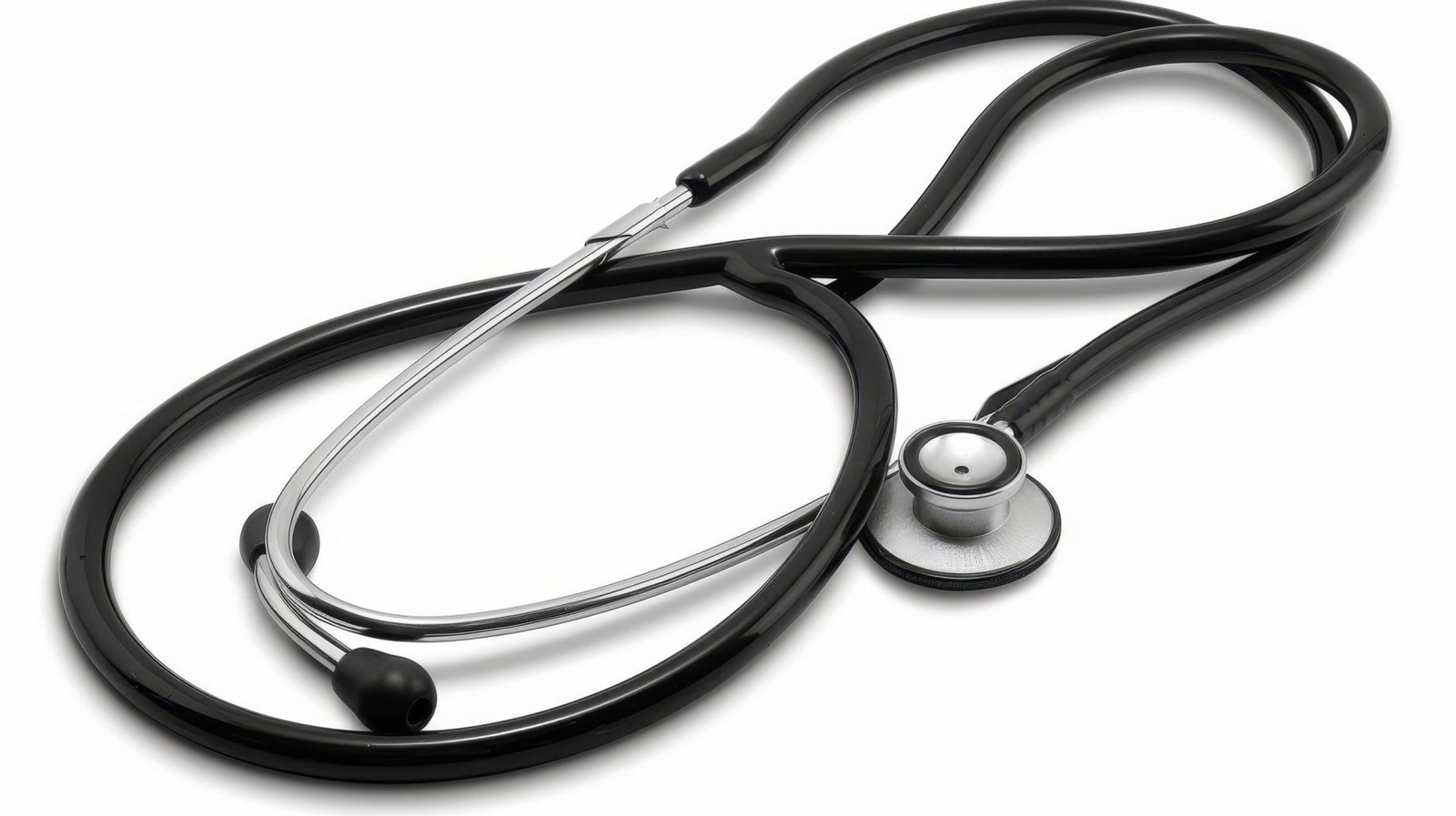The stethoscope is a crucial tool in the field of medicine, playing a significant role in the diagnosis and monitoring of patients. Here are some key points highlighting its importance:
- Auscultation: The primary function of a stethoscope is to allow healthcare providers to perform auscultation, which is the act of listening to the internal sounds of a patient’s body. This includes listening to heart, lung, and bowel sounds to assess their condition and identify any abnormalities.
- Cardiac Assessment: With a stethoscope, doctors can hear heartbeats, including the rate, rhythm, and any abnormal sounds such as murmurs or irregularities, which can indicate conditions like valve disorders, heart failure, or arrhythmias.
- Respiratory Evaluation: Stethoscopes are essential for listening to breath sounds in the lungs. This helps in diagnosing conditions such as pneumonia, bronchitis, asthma, and other respiratory issues. The presence of crackles, wheezes, or decreased breath sounds can provide vital diagnostic clues.
- Blood Pressure Measurement: When used with a sphygmomanometer, a stethoscope helps measure blood pressure by allowing the listener to hear the Korotkoff sounds, which indicate systolic and diastolic pressures.
- Gastrointestinal Assessment: Stethoscopes enable the listening of bowel sounds, which can help diagnose conditions like bowel obstructions, ileus, or gastrointestinal motility disorders.
- Peripheral Vascular Assessment: By listening to blood flow in arteries and veins, stethoscopes can help detect vascular conditions such as bruits, which are abnormal sounds indicating turbulent blood flow due to narrowing or blockages.
- Non-invasive and Immediate Feedback: Stethoscopes provide immediate, non-invasive feedback, making them invaluable for rapid assessments in various settings, including emergency situations, routine check-ups, and ongoing monitoring of chronic conditions.
- Educational Tool: For medical students and trainees, learning to use a stethoscope effectively is a fundamental skill. It helps them develop their clinical acumen and diagnostic abilities through practice and experience.
The stethoscope remains an indispensable instrument in modern medicine due to its versatility, ease of use, and the critical information it provides during patient examinations.
